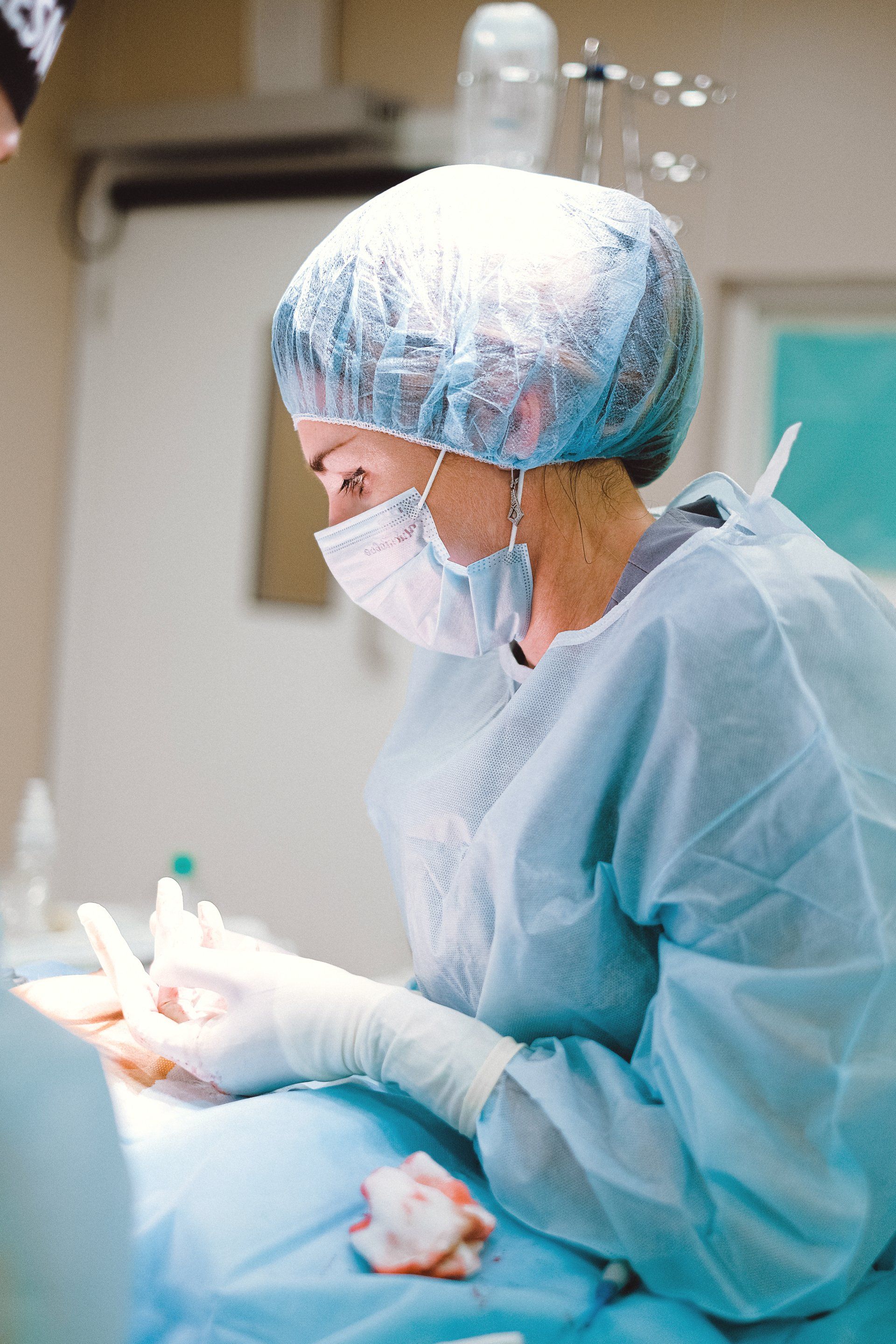Cannabis and Surgery: Understanding the Risks and Considerations
Cannabis in the Operating Room: Examining Potential Risks and Pre-surgical Insights
Undergoing surgery is a significant medical event, and patients often seek guidance on how to prepare and recover successfully. One question that frequently arises is whether it is safe to smoke weed before or after surgery. While cannabis has gained popularity for its potential medicinal properties, its use around the time of surgery requires careful consideration. In this blog, we'll explore the potential risks and factors to consider when it comes to cannabis use before and after surgical procedures.
The Importance of Open Communication:
Before addressing cannabis use, it's essential to prioritize open communication with your healthcare provider. Be honest about your cannabis consumption habits, as this information plays a crucial role in determining the safest approach to your surgery and anesthesia. Your medical team needs to have a complete understanding of your health profile to make informed decisions about your care.
Smoking Weed Before Surgery:
Smoking weed, like any form of smoking, can have adverse effects on the respiratory system. The act of smoking introduces toxins and potential irritants into the lungs, which may lead to breathing difficulties, lung inflammation, or other complications during and after surgery. Additionally, THC, the primary psychoactive compound in cannabis, can impact heart rate and blood pressure, potentially interfering with anesthesia and surgical procedures.
Cannabis and Anesthesia:
Anesthesia is a critical aspect of any surgery, and its administration requires precise dosing and monitoring. Cannabis can interact with anesthesia, affecting how the body metabolizes the drugs and potentially altering their effectiveness. Anesthesiologists need to know about cannabis use to adjust the anesthesia plan and ensure your safety during the procedure.
Cannabis and Postoperative Recovery:
After surgery, the body requires optimal conditions to heal effectively. Cannabis use during the recovery period can hinder the body's natural healing processes and potentially interfere with prescribed medications. For example, cannabis may interact with pain medications or cause dizziness and disorientation, making it unsafe to drive or operate heavy machinery while in recovery.
Alternative Methods of Cannabis Consumption:
If you are considering using cannabis for pain management or to address other post-surgery issues, it's crucial to explore alternative methods of consumption. Edibles, tinctures, or topical preparations may be safer options during the recovery period, as they avoid the potential risks associated with smoking.
While cannabis has shown promise in various medical applications, its use before or after surgery requires careful consideration and open communication with your healthcare provider. Smoking weed before surgery can pose risks to the respiratory system and interfere with anesthesia. In the postoperative phase, cannabis may hinder the body's natural healing processes and interact with prescribed medications. If you wish to explore the potential benefits of cannabis during recovery, consider alternative methods of consumption that are less likely to pose risks to your health.
Always prioritize your safety and well-being by discussing your cannabis use with your healthcare team and following their recommendations to ensure a successful and complication-free surgery and recovery journey.
SHARE:
Disclaimer: The information provided in this article is for educational purposes only. The content is not intended to be a substitute for professional medical advice, diagnosis, or treatment. Always seek the advice of your physician or other qualified healthcare provider with any questions you may have regarding a medical condition. The use of cannabis, including smoking, may have potential health risks and may not be suitable for everyone. It is essential to understand and abide by the laws in your country or state regarding cannabis use. The author and publisher of this article are not responsible for any adverse effects or consequences that may result from the use of the information presented in this article. This blog is sponsored by
Fresh Mint.












